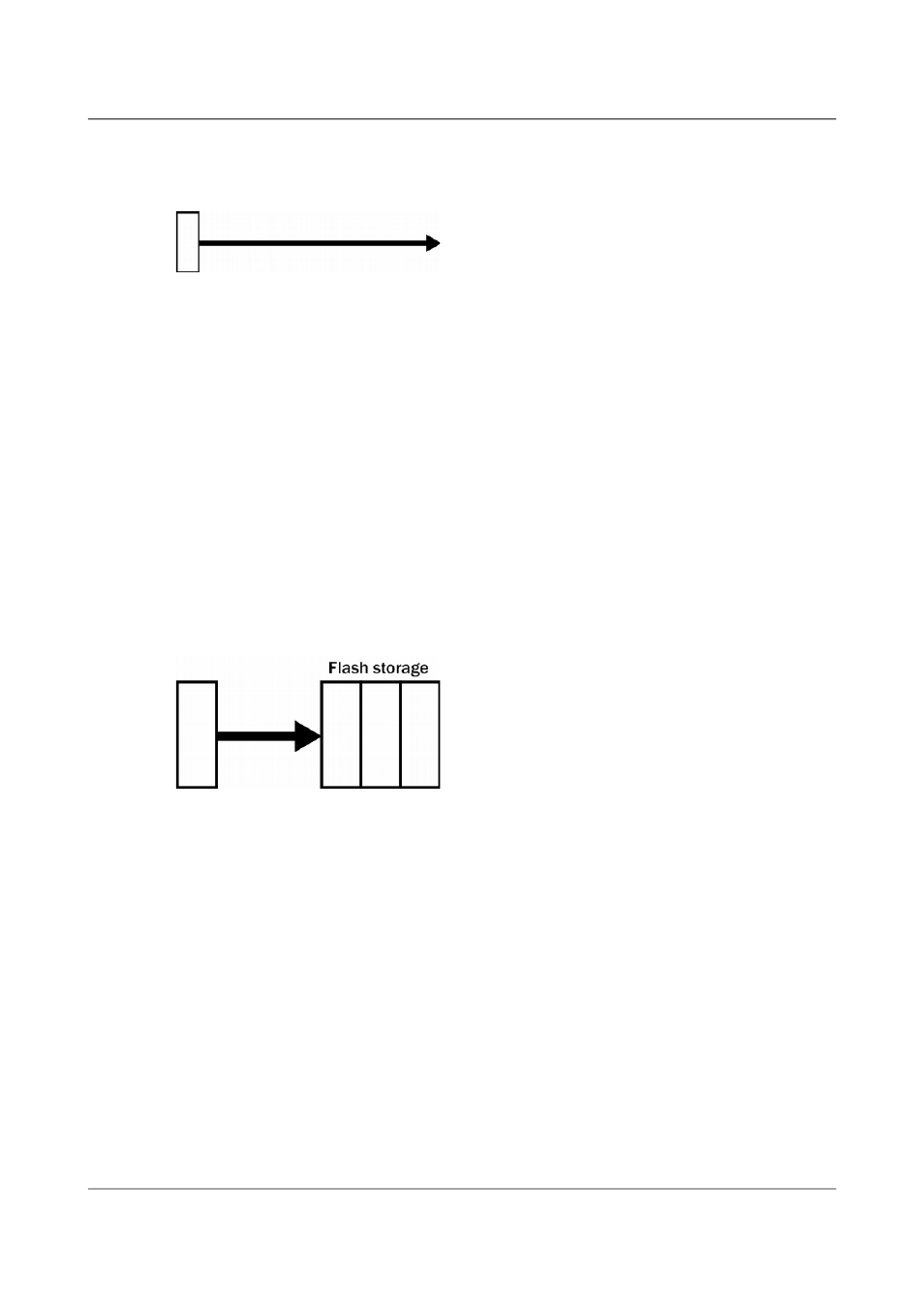Guralp Systems CMG-3ESPCD User Manual
Page 56

CMG-3ESPCD Digital Broadband Seismometer
Using Scream!
5.2.5.1 DIRECT
Syntax: DIRECT
Instructs the digitiser not to use Flash memory for storage. Instead, all data
are transmitted directly to clients. An instrument in DIRECT mode still
honours the GCF Block Recovery Protocol: a temporary RAM buffer always
holds the last 256 blocks generated and, if a client fails to receive a block, it
can request its retransmission. If you expect breaks in communication
between the instrument and its client to last more than 256 blocks, or if you
want the instrument to handle breaks in transmission (rather than relying on
the client to request missed blocks), you should use
•
ADAPTIVE mode, if you want data to stay as near to real time as
possible (but do not mind if blocks are received out of order); or
•
FIFO mode, if you need blocks to be received in strict order (but do not
mind if the instrument takes a while to catch up to real time.)
5.2.5.2 FILING
Syntax: FILING
Instructs the digitiser not to transmit blocks to clients automatically, but to
store all digitised data in the Flash memory. If you have chosen the RECYCLE
buffering mode (see below), the memory is used in circular fashion, i.e. if it
becomes full, incoming blocks begin overwriting the oldest in memory. If the
WRITE-ONCE mode is active, the instrument will switch to DIRECT mode
(see above) when the memory becomes full. You can retrieve blocks from an
instrument in FILING mode by connecting to its terminal interface and
issuing commands such as FLUSH, or through Scream! (see below).
5.2.5.3 Heartbeat messages
When in FILING mode, an instrument transmits “heartbeat” messages over its
data port. These short messages take the place of data blocks, and ensure that
programs such as Scream! know that an instrument is present. You can
change the frequency of heartbeat messages from Scream!'s Control window,
or with the command HEARTBEAT. You can tell Scream! to download new
data automatically whenever it receives a heartbeat message from an
56
Issue B - November 2013
